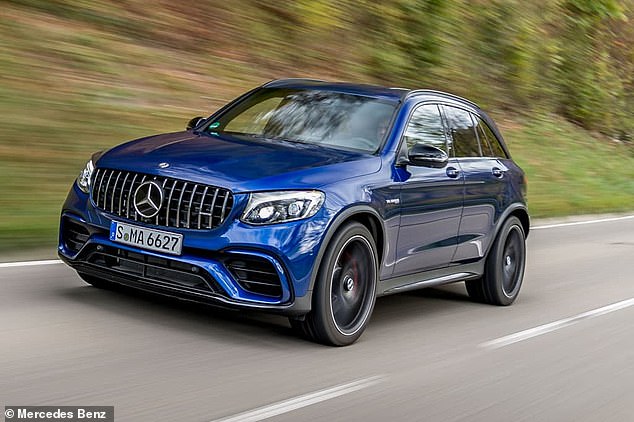Australia Weighs Scrapping Luxury Car Tax in EU Free Trade Talks
Australian Prime Minister Anthony Albanese is considering abolishing the country’s 33% luxury car tax as part of ongoing free trade negotiations with the European Union. The tax, which applies to petrol and diesel cars valued over $80,567, is expected to raise $1.2 billion in 2025-26.

Professor Tim Harcourt, chief economist at the University of Technology Sydney and former trade adviser to Labor ministers, believes scrapping the tax makes sense in the context of the free trade agreement. ‘We don’t produce cars in Australia, so the luxury car tax is unusual as there’s no local competition,’ he explained.
The EU has been negotiating a free trade agreement with Australia since June 2018. In previous negotiations, the EU requested that Australia comply with certain ‘geographical indications’ for food products, which Australia has largely accepted.
The potential removal of the luxury car tax could make luxury vehicles from European manufacturers like Mercedes Benz, BMW, and Porsche more affordable for Australians. This move is seen as a possible concession to secure a free trade deal, particularly as the EU has become more open to such agreements following protectionist measures by other major economies.
Australia stopped manufacturing cars in 2017 with the closure of the last Holden Commodore factory in Adelaide. The luxury car tax is now viewed primarily as a revenue-raising measure rather than a protective tariff.



